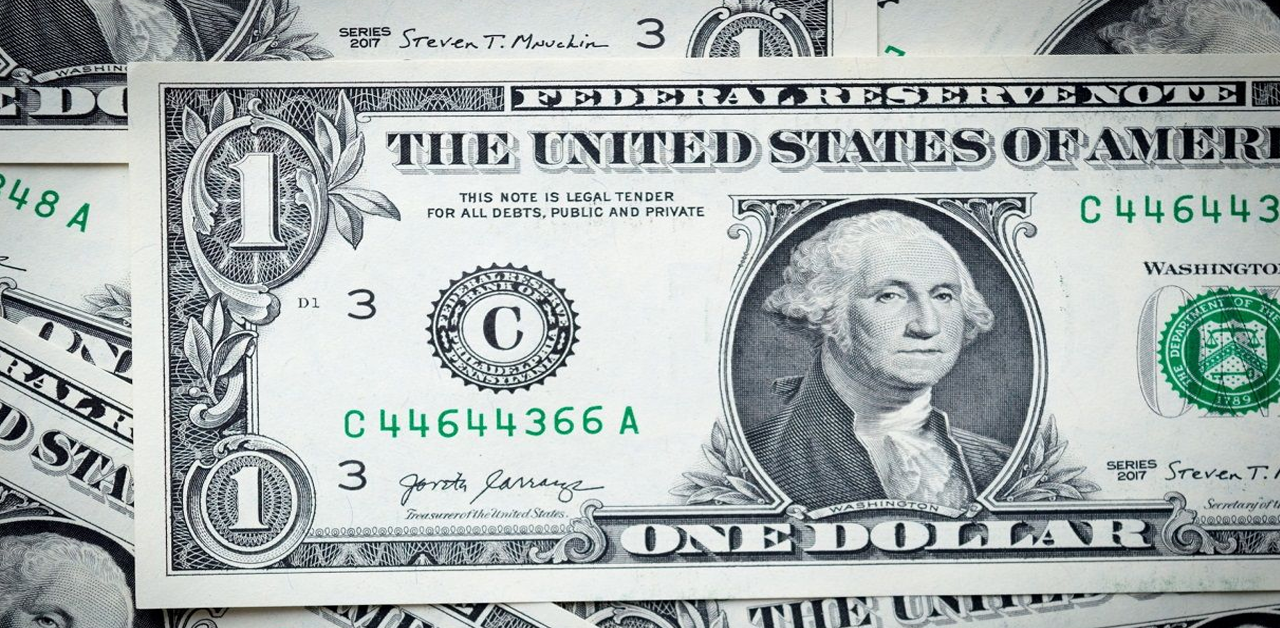The EUR/USD pair remains under mild pressure during Friday’s European session, retreating just below the 1.1700 level after trimming earlier gains. A stronger-than-expected Eurozone inflation reading failed to generate sustained upward momentum, as broader market sentiment continues to be shaped by weakness in the US Dollar (USD), concerns over US-China trade tensions, and growing bets on further monetary easing by the Federal Reserve (Fed).
Fresh Eurostat data confirmed that the Eurozone’s Harmonized Index of Consumer Prices (HICP) rose by 0.1% in September, matching August’s pace. However, annual inflation accelerated to 2.2% from 2.0%, while the core HICP was revised higher to 2.4% — the fastest rate since April — from the previously estimated 2.3%.
These figures reinforced recent comments from European Central Bank (ECB) officials Pierre Wunsch and Martin Kocher, both suggesting that the ECB is likely nearing the end of its rate-cutting cycle.
Meanwhile, the US Dollar remains under broad selling pressure amid persistent trade uncertainty and dovish Fed signals. Fed Governor Christopher Waller reiterated his support for another interest rate cut in October, while Trump’s nominee Stephen Miran argued that current monetary policy remains too restrictive, urging deeper rate reductions.
Friday’s US session will bring fresh insights from the Fed’s Industrial Production data and a scheduled speech by St. Louis Fed President Alberto Mussalem, which may influence near-term market sentiment.
Market Overview: Dollar weakens on trade fears and Fed cut expectations
The Greenback is heading toward its weakest weekly close in months, weighed down by renewed US-China trade frictions, fading confidence in the US economy, and the looming risk of an extended government shutdown.
Earlier this week, the Fed’s Beige Book highlighted slowing consumer spending and stagnating labor market conditions, signaling potential headwinds for growth.
In contrast, the Euro received a modest boost from easing political tensions in France, where Prime Minister Sébastien Lecornu narrowly survived two no-confidence votes. The outcome reduced near-term instability, though challenges remain as his government pushes a tightening budget through a divided parliament before year-end.
Overall, the combination of firm Eurozone inflation, cautious optimism around the ECB’s policy outlook, and broad USD weakness keeps EUR/USD supported — but the pair faces resistance near 1.1700 amid mixed risk sentiment and investor caution ahead of key US economic updates.















